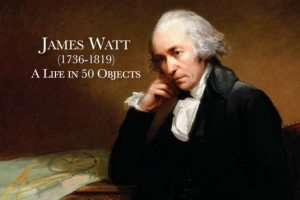Elihu Burritt - Birmingham and Black Country Lives
The 19th century Black Country attracted visitors from home and overseas who marvelled at the extent and diversity of the industries they saw. Many of them also described the diabolical conditions under which men, women and children worked in the mines, mills, forges, and other maunufactories of this vibrant region.
Yet the graphic records of what they saw compare with the writings of Elihu Burritt – the US Consul in Birmingham.
Burritt’s begins his “Walks in the Black Country and its Green Border-land”, published in 1868, in lyrical praise of this “velvet-bound area of fire and smoke”. But subsequent chapters discuss not only the enterprises he saw but record his shock at the conditions experienced by young girls working in the brickyards near Halesowen.
KEYWORDS: Elihu Burritt, Black Country, Industry, People, Oxford Dictionary of Biography, Peter Marsh, Victorian, Birmingham
Burritt was a peace campaigner who was welcomed into the homes of many of the leading thinkers of the age where he was described as “the most remarkable peace activist of his generation.”
But it is his descriptions of the Black Country – “Black by day and red by night, cannot be matched for vast and varied production, by any other place of equal radius on the surface of the earth” – which make him an important historical source.
In Black Country,
Featuring:
Professor Peter T. Marsh
Thanks to:
Elihu Burritt Papers, Central Connecticut State University, Religious Society of Friends in Britain, Science & Society Picture Library, The Library of Congress. Wolverhampton Art Gallery
Books from History West Midlands

The Power to change the world
James Watt (1736-1819) A Life in 50 Objects
In Watt, Black Country, Birmingham, Industry, Steam, Enlightenment,
Buy Now £5.00




